Nhan Dan Newspaper, June 12, 1954 published an article "Dien Bien Phu Victory and the Northwestern People":
Coming to the Northwest, meeting the people, we heard them complain about the hardships they had to endure when the enemy was still occupying: "As long as the French are here, the villages are barren, people are close to the forest, far from the fields forever". Combined with the crimes of the colonial empire, the corrupt feudal regime from thousands of years ago made the people suffocate. Since the end of 1952, most of the Northwest had been defeated and although the feudal regime here had not been abolished, the democratic government had also brought the people a new awareness of their right to live and their right to happiness.
Life was like a bright dawn when the enemy parachuted into Dien Bien Phu, threatening to take back the Northwest. All the Thai, Tay, Mong, Xa, Puoc people... united, rose up, enthusiastically joined the resistance, serving the army to destroy the enemy.
The situation of Mrs. Muon's family in Quai Cang commune, Tuan Giao district, was also the common situation of many Thai families here when the French were still occupying. Every time the harvest season ended, her family had to go to the forest to dig for cassava. Sometimes, they were so hungry that they became dizzy and dug up someone else's grave. By the time they brought the cassava home, their two children were already hungry and weak and could no longer welcome their mother. They were so poor that they had to sell the "ninh" (a wooden steamer for sticky rice), the last valuable thing in the house. After the village was liberated, the couple thought together: "Life is different now. We must work hard and do our work so that our children will never suffer again." Trusted by the people, she became a member of the commune committee and he became the village chief. The couple discussed everything together. During the time serving in the Dien Bien Phu Campaign, the couple encouraged each other to work, compete in production, and compete in pounding rice for the soldiers. The tax to be paid was three quintals of rice, and the couple discussed lending the government another seven quintals of rice. On rainy days, the couple went out together, encouraged the laborers, and worked with all the villagers and the commune. Despite being busy with a thousand things, they still managed to plant a vegetable garden for the soldiers. When their first son came of age, the couple agreed to let him join the army right away. When the frontline campaign needed rice, she volunteered one quintal, and he volunteered another quintal.

Ethnic people of Yen Bai province contributed their efforts to pave the way for the Dien Bien Phu Campaign. Photo: Archive
During this campaign, the Mong people also came down from the mountains in unprecedented numbers. Many Mong youths volunteered to join the local army. The Mong people in the remote high mountains, husbands and wives, mothers and children were inseparable all day long. Being away from home was a great sacrifice for the people. Mr. Pai, a new Mong soldier, said: "Up in the mountains, the Mong people have never had as much salt and fabric as this year. When they go down to the main road, the Mong people can go freely, no longer afraid of being beaten or arrested. When the Western invaders were still there, the Mong people could never be like that. The Mong people must join the army to defeat all the Western invaders."
The great victory of Dien Bien Phu is the glory of our Army and our people. The people of the Northwest have contributed to that glory. The General Commander-in-Chief sent a letter of praise and thanks to the people of the Northwest. President Ho Chi Minh and the Government awarded the cadres and people of the Northwest the Resistance Medal. These honors further urged the people to move forward.
During the months of serving the campaign, the people of the Northwest matured as much as in normal years. Patriotism and political awareness were raised to a high level. This historic campaign was a profound school for the people. The people often said: "The government called us to serve like this not only to guide us to fight the enemy and defend our villages, but also to teach us how to speak, how to think, how to hold meetings and advise each other."
On the service sites, the friendly and equal brotherly relationship between the ethnic groups is even closer. The efforts always exceeding the normal level to ensure victory make the people of each ethnic group in the Northwest flourish. The people of the Northwest become stronger in the fight, and have more confidence in the bright future of the Northwest in the bright future of the beloved Fatherland of Vietnam.
One of the greatest construction achievements of the Northwest after liberation is the new road of several hundred kilometers across the Northwest, with its rugged mountains and high passes where two cars can still pass each other. That road bears the marks of the labor of tens of thousands of Kinh, Tay, Thai, Mong, etc. laborers. We completed that road in just seven months after liberating a large part of the Northwest. We protected that road throughout the last campaign, against all bombs and floods. That road shows us that for our people who love to work, now under the people's democratic government led by President Ho Chi Minh and the Party, there is nothing that cannot be done. That road symbolizes solidarity and close cooperation among the ethnic groups living together on this strip of land. That road has been the road of victory. That road will forever be the road that brings prosperity and wealth to the Northwest.
(excerpt)
Book "New Steel writes about Dien Bien Phu", National Political Publishing House Truth, 2014
Source


![[Photo] Looking back at the impressive moments of the Vietnamese rescue team in Myanmar](https://vstatic.vietnam.vn/vietnam/resource/IMAGE/2025/4/11/5623ca902a934e19b604c718265249d0)




![[Photo] "Beauties" participate in the parade rehearsal at Bien Hoa airport](https://vstatic.vietnam.vn/vietnam/resource/IMAGE/2025/4/11/155502af3384431e918de0e2e585d13a)


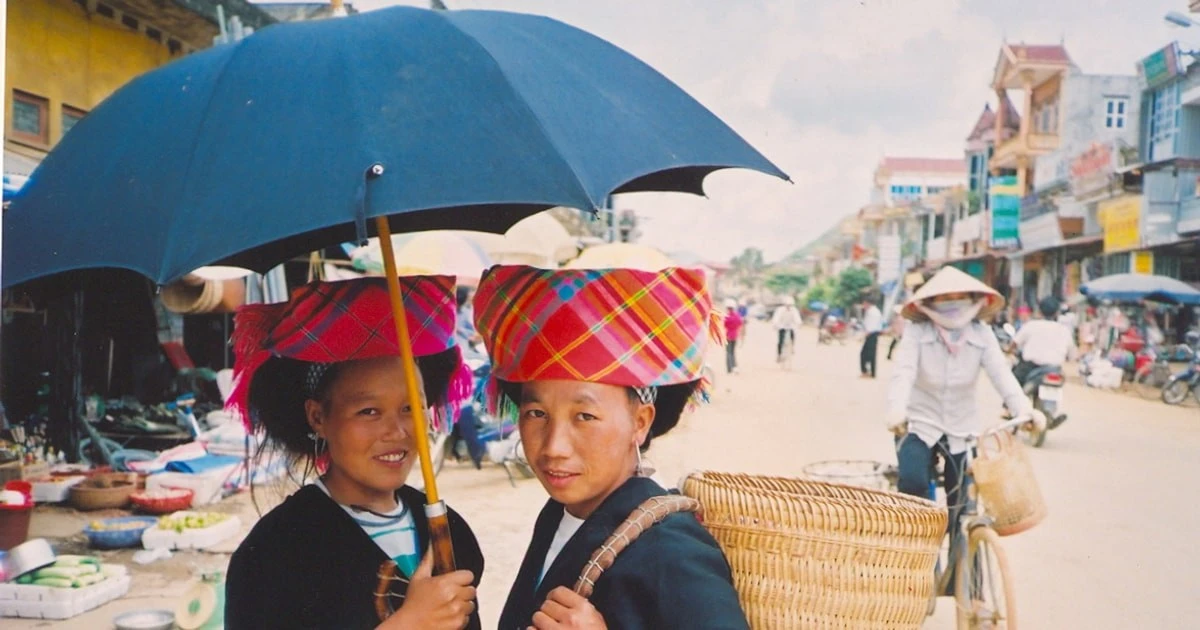



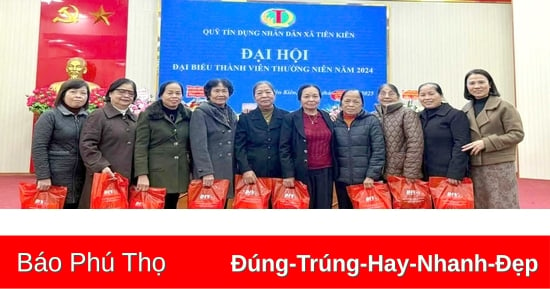
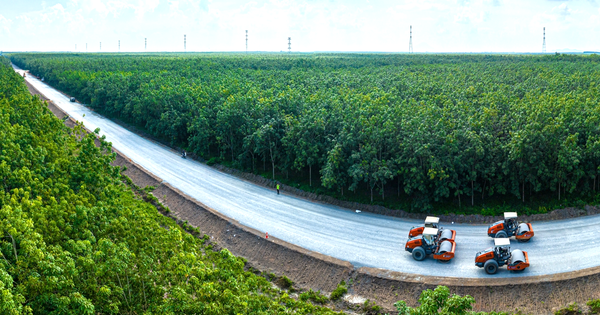



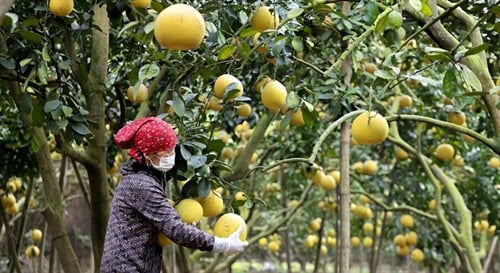
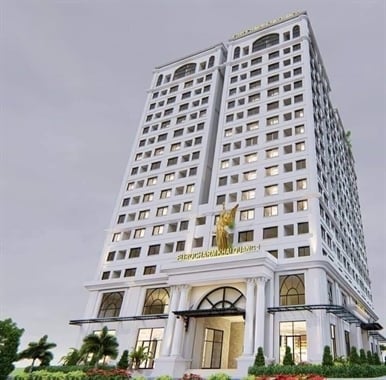
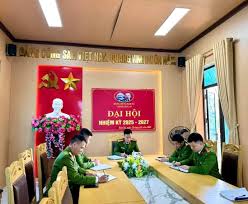
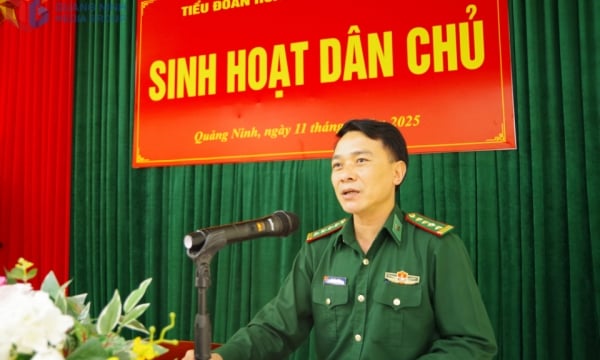
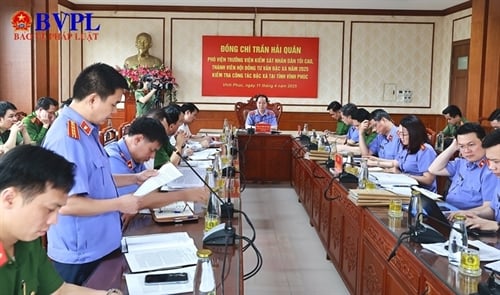
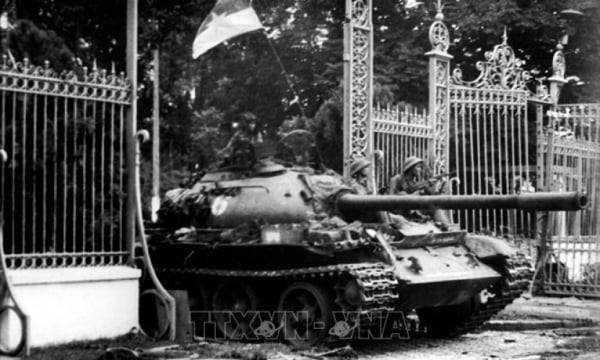


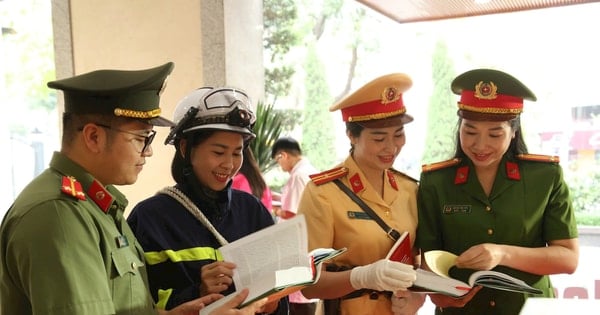
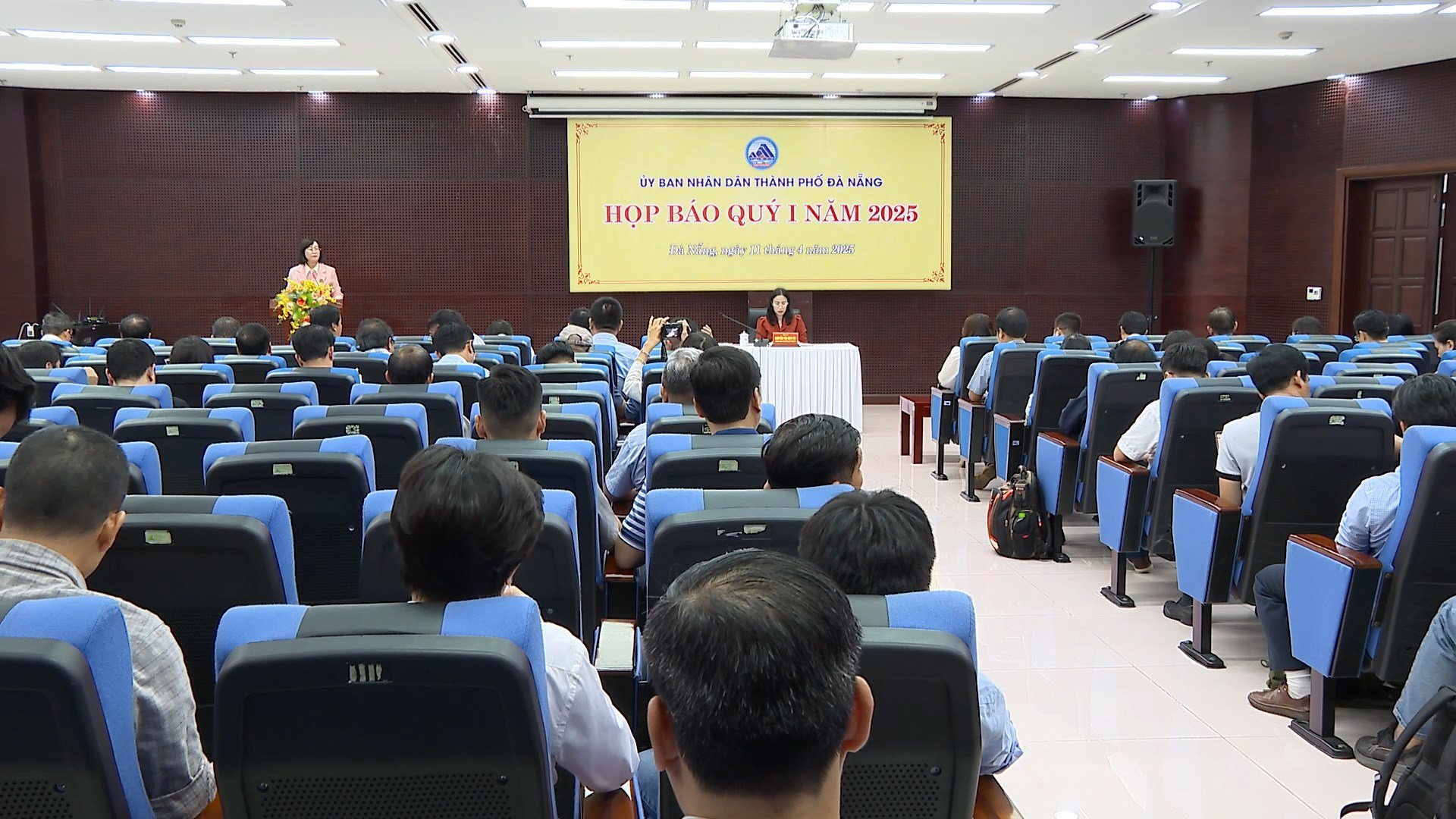
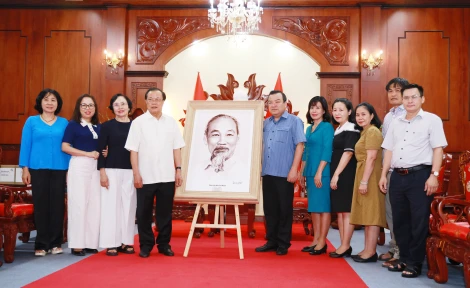
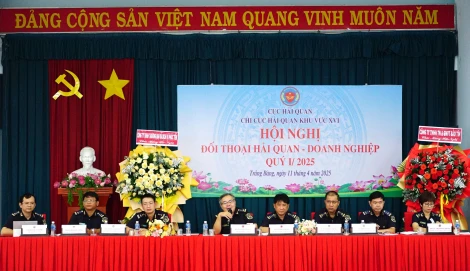
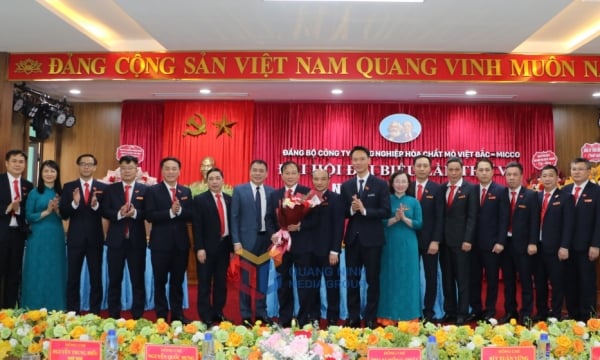
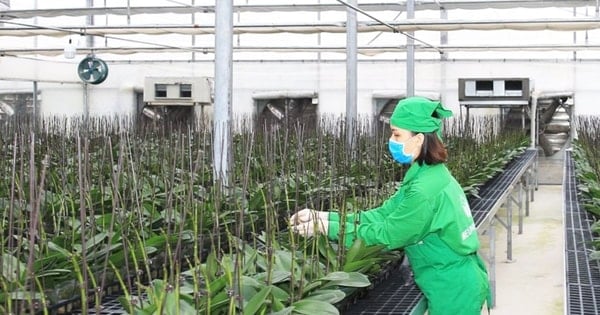

![[Photo] Summary of parade practice in preparation for the April 30th celebration](https://vstatic.vietnam.vn/vietnam/resource/IMAGE/2025/4/11/78cfee0f2cc045b387ff1a4362b5950f)








































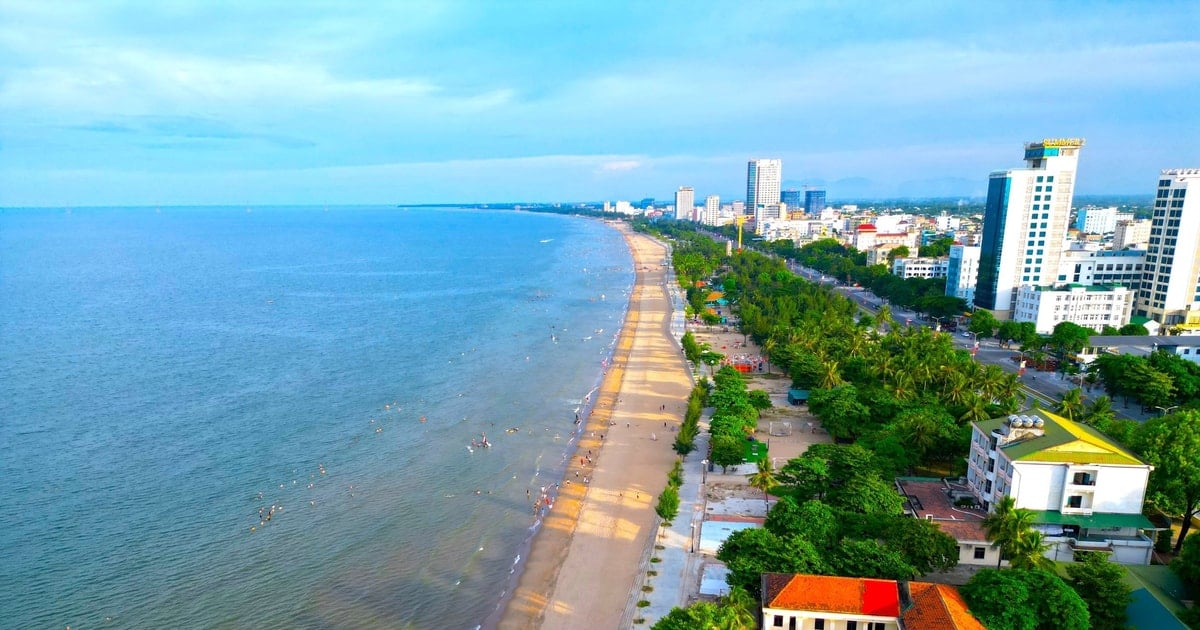

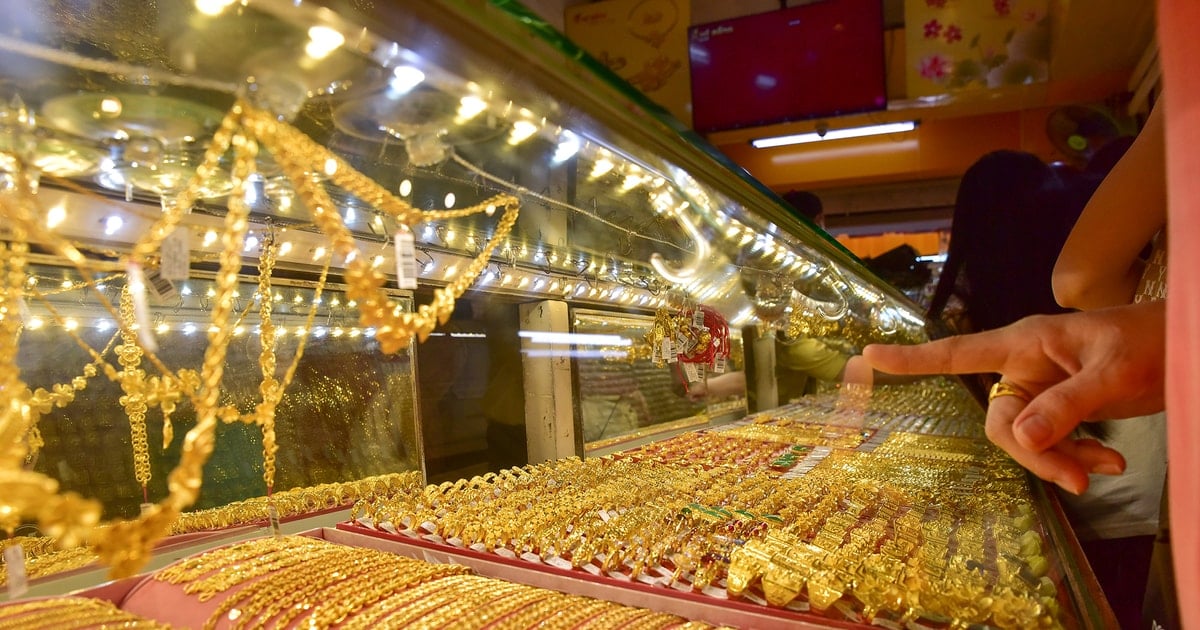











Comment (0)